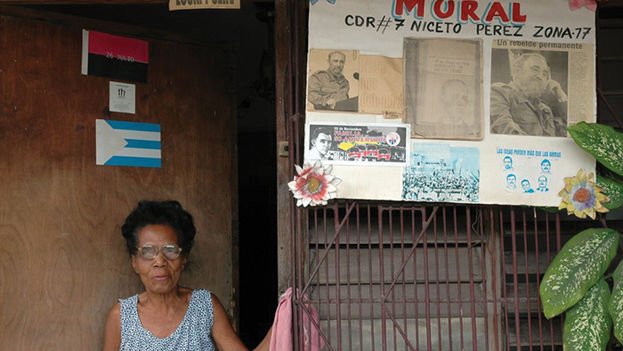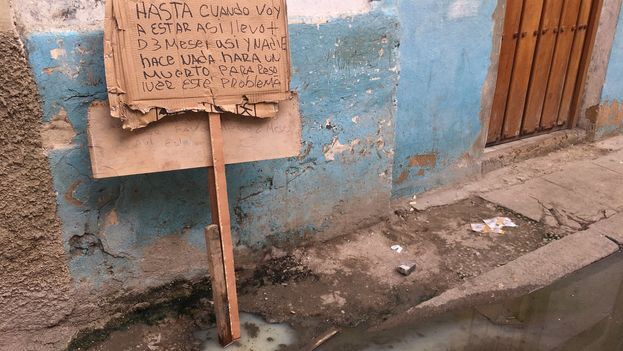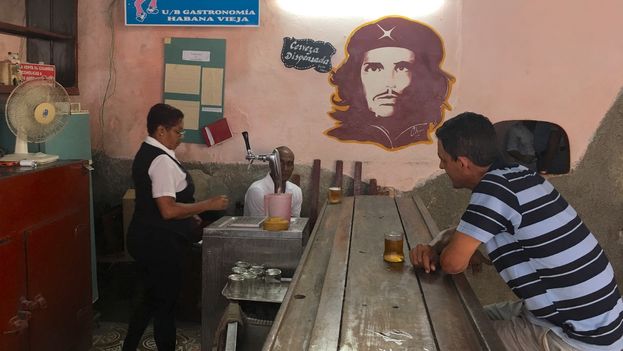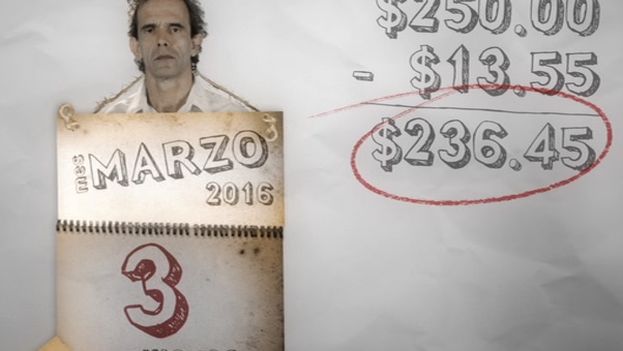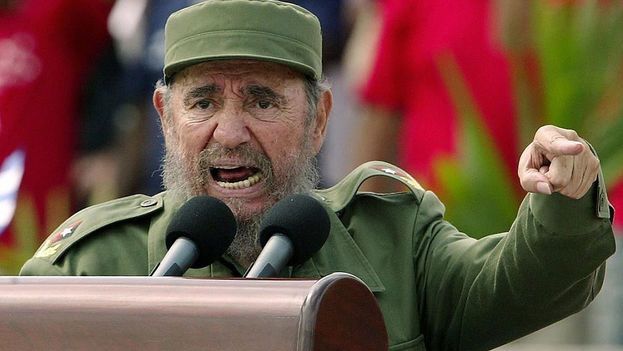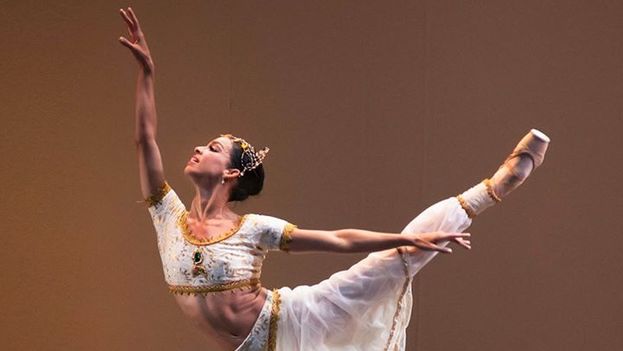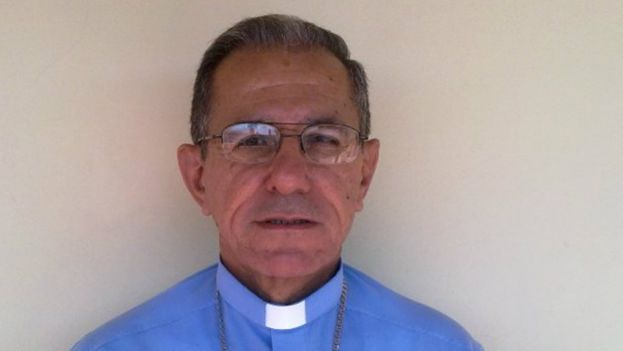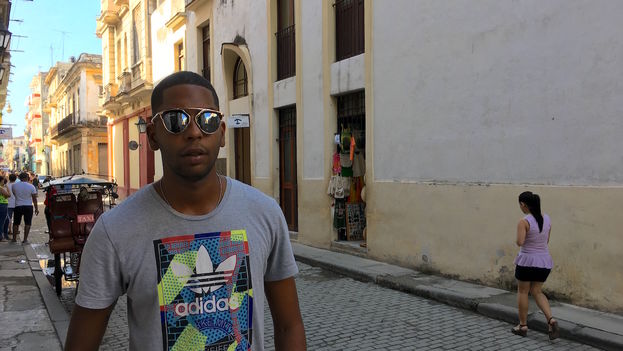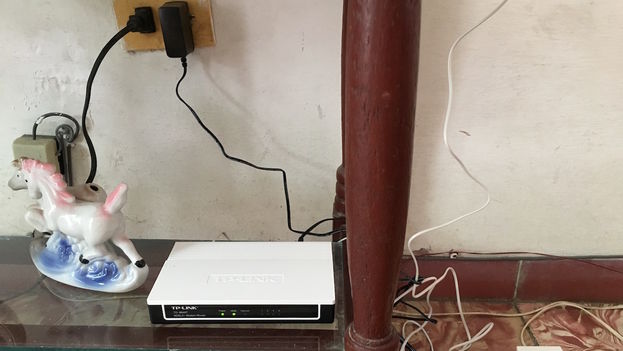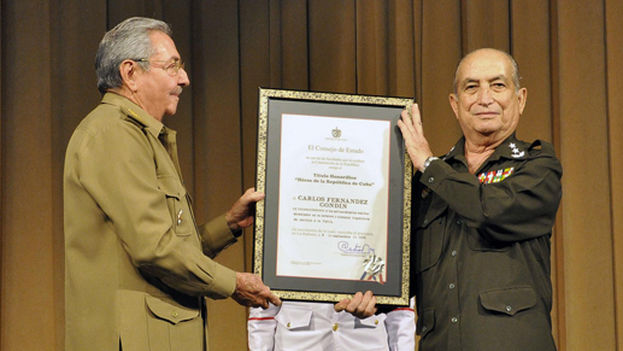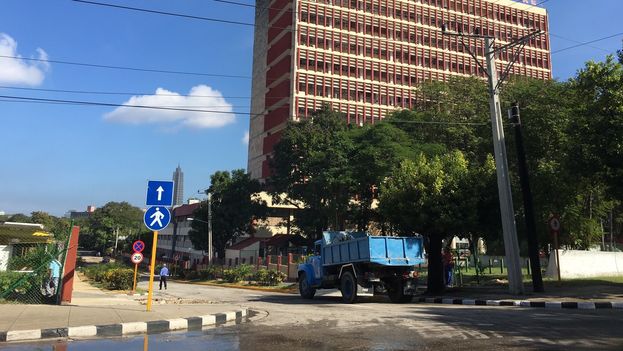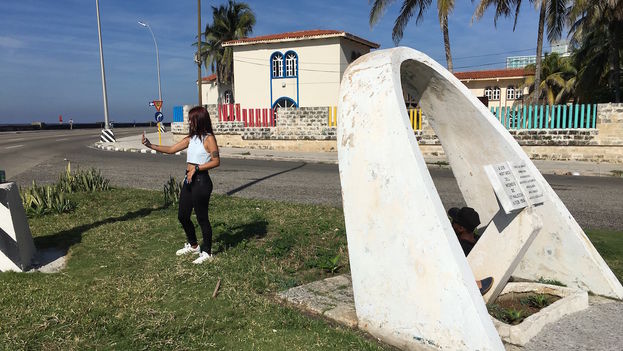
![]() 14ymedio, Mario Penton, Miami, 9 January 2017 – They crossed the Florida Straits six months ago and in a desperate act took refuge in the American Shoal Lighthouse to avoid being deported to Cuba. A bottle thrown into the sea and miraculously found made known their complaints about the conditions they found on the US Coast Guard cutter. After demonstrating “a well-founded fear” of being repatriated, they were taken to the Guantanamo Naval Base. Today, some members of the group of the “Lighthouse Rafters” feel pressured by the authorities to return to the Cuban-controlled part of the island, and are overwhelmed by the lack of work.
14ymedio, Mario Penton, Miami, 9 January 2017 – They crossed the Florida Straits six months ago and in a desperate act took refuge in the American Shoal Lighthouse to avoid being deported to Cuba. A bottle thrown into the sea and miraculously found made known their complaints about the conditions they found on the US Coast Guard cutter. After demonstrating “a well-founded fear” of being repatriated, they were taken to the Guantanamo Naval Base. Today, some members of the group of the “Lighthouse Rafters” feel pressured by the authorities to return to the Cuban-controlled part of the island, and are overwhelmed by the lack of work.
“We want to work, we are refugees, not prisoners,” explains one of the 17 rafters who remain at the base waiting for a third country to decide to receive them as refugees. Having been considered “wet feet” at the offshore lighthouse, they were not able to take advantage of the so-called “wet foot/dry foot” law — the Cuban Adjustment Act — that automatically gives refuge to Cubans who step foot on US soil.
“We are very grateful for all the help they have given us, but we do not understand why we are not allowed to talk to lawyers or work,” he explains. continue reading
Although initially there were 20 emigrants taken to Guantanamo, three of them were returned to the island, two voluntarily and a third when it was discovered that at some time he had worked for Cuba’s Ministry of the Interior, the main repressive organ of the Cuban government.
“We are forbidden to speak to the press about our situation,” explains the rafter and asks to remain anonymous for fear of retaliation by the authorities at the Naval Base.
Of the group of 17 men who remain there, 10 are unemployed, according to the testimony of a second rafter who also did not want to give his name.
“We can call our families once a week, but nobody tells us how much longer we have to be here. Some of us work in manual jobs and they pay us $4.97 an hour,” he explains.
According to the migrant, “the number two of the base,” Denis Mojica, has told them twice that if anyone who does not accept the conditions proposed to them, “the door is open to return to Cuba,” a phrase in which they suspect there is hidden pressure to return to the island.
“People came here to interview us, but no one explains to us what our legal situation is and when we can work; they tell us there is no work. It’s very difficult to sit around with our arms crossed all day. The only thing we are asking for is that they let us earn our keep,” he explains.
According to a spokesperson for the US State Department who spoke with 14ymedio, “all the protected migrants who are living on the Guantanamo Naval Base are there voluntarily. They are free to return to their country of origin at any time, but the United States is not pushing them to do so.”
The spokesperson also said that migrants are regularly visited by officials who care about their situation and the most recent inspection visit was made last December.
However, they clarified that the employment opportunities on the base are “limited.”
Apart from the lack of work, refugees emphasize “the excellent care” received from US personnel.
“The take us out walking and with regards to sanitation we have no complaints. We have health coverage and we are given financial aid of 107 dollars on Sunday to buy our food. We also have thirty minutes to talk to our families on the phone,” he adds.
“The first demand was for them to consider the lighthouse to be United States territory, and the rafters as ‘dry feet’ and we lost. Right now we are in the process of appealing,” explains Ramón Saúl Sánchez, leader of the Democracy Movement that filed a legal appeal for refugee status for which the rafters fought in the court for a judicial verdict that would allow the rafters to stay in the US.
According to the activist, the group of lawyers who is undertaking their defense pro bono has not lost hope that the judge will declare the structure to which the rafters fled, built 136 years ago seven miles from the Florida Keys, part of US territory.
If this happened, the Cubans could remain in the United States. Otherwise, the State Department must find a third country to host them, a process that can sometimes be extremely long and complex.

